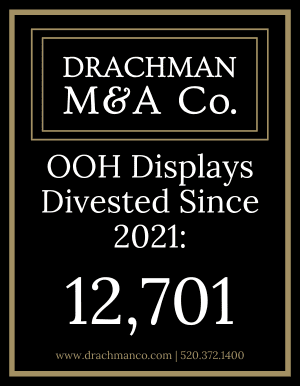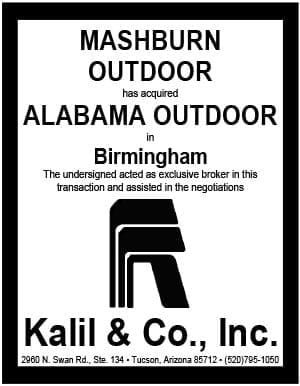
Opposition from billboard companies, local governments, and anti-billboard groups blocked legislation in California to allow digital billboard advertising on the public highway right of way.
The controversial proposal could be attached to other state legislation later this year, but that seems to be an uphill fight in the face of broad opposition.
For the second week in a row, proponents of the legislation (AB-1405) pulled it from committee consideration in Sacramento, a signal that the sponsor did not have sufficient votes to clear the committee (California Senate Committee on Transportation and Housing). The committee met on June 19 and 26, taking no action to advance the bill.
The official bill analysis provided this clearly worded, frank description of the legislation, which would have allowed 25 digital billboards on California highways:
“The state can earn revenue by hosting advertising. A single digital billboard can bring in $500,000 annually. Were California to develop a network of digital signs along the major state highways, the state would control a new and powerful advertising media, outshining other billboards and outdoor advertising displays which are less optimally located.
For the outdoor advertising industry, a large state advertising network could only be developed and managed by a large firm, disadvantaging the smaller outdoor advertising companies. More generally, the additional outdoor advertising signs allowed by this bill will increase the supply of outdoor advertising space, thereby driving down the price for advertising in the outdoor advertising market, which is bad news for the outdoor advertising companies owning that space and the local governments who share in those revenues.”
Opponents included local governments, anti-billboard groups in Los Angeles and San Diego, and billboard companies (Bulletin Displays, General Outdoor Advertising, Lamar Advertising Company, Meadow Outdoor Advertising, Stott Outdoor Advertising, and Veale Outdoor Advertising).
OUTFRONT Media and Intelligent Sign Network (affiliated with Foster Interstate Media) supported the proposal, along with groups representing contractors, labor, and crime victims. California’s Department of Transportation (Caltrans), which would have shared at least half of the ad revenue, said the proposal was “feasible.”
If enacted, the plan would require federal approval to overcome rules against advertising on public right of way signs.
Other decisions regarding use of highway right of way:
- California
The California Senate voted 19-17 to reject legislation (SB-1397) to allow advertising on official traffic signs (June 2, 2016)
- Congress
The US House voted 255-173 against a bill to allow corporate logos in floral designs on the right of way (November 4, 2015)
- Federal Highway Administration (FHWA):
- Blocked Texas from selling corporate sponsorships of traffic signs (June 7, 2017)
- Rejected a proposal to sell ads on the blank backsides of highway traffic signs (April 26, 2017)
- Sent a penalty notice to New York State ($14 million) for installing promotional signs that did not conform to the federal Manual on uniform signs (February 1, 2018)
- Denied Arizona’s request for a waiver to convert highway rest areas to service plazas with food and fuel (January 3, 2018)
Insider’s Take: A spokesperson for sponsor Asssemblyman Kevin Mullin of South San Francisco said the bill is no longer active for thei legislative year, and Mullin does not plan to push the proposal in 2018. Kudos to Jim Moravec, Tom Jackson, Mark Kudler, the Zukins, Tim Lynch, Billy Winn and Lamar for helping to defeat AB-1405. Expect to see more signs in the right of way fights as cash strapped local and state governments look for non-tax funding.
[wpforms id=”9787″]
Paid Advertisement

















